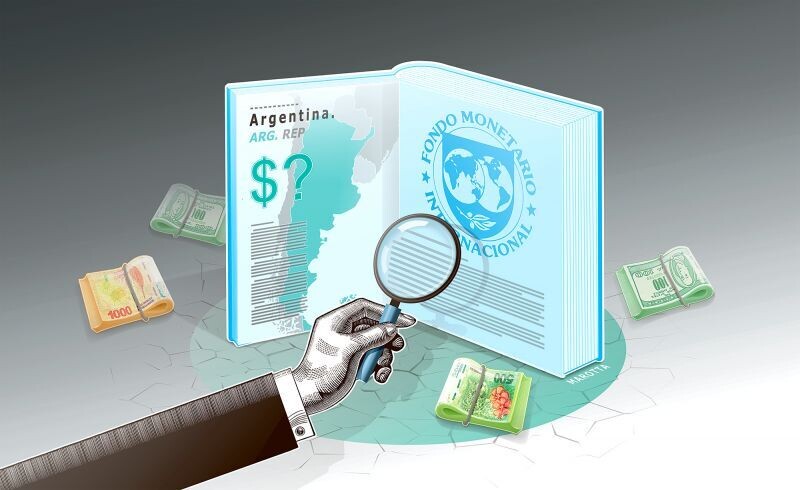
The Argentine government has presented to Congress the proposal to resort to a new financing program with the International Monetary Fund (IMF). Over the years, Argentina has maintained a long and intense relationship with the IMF, having had 22 different programs with the institution.
This long history of debtor-creditor has generated volatilities in the movements of private third-party funds, which has impacted the reserves of the central bank. Despite this, Argentina has no capital maturities with the IMF in 2025, which could bring long-term benefits.
Over the years, the IMF has provided financial support to Argentina during times of economic instability, which has involved significant structural reforms in the country. However, sometimes adverse external conditions have led Argentina to incur debt beyond traditional parameters.
It is crucial that the new program with the IMF is based on a marked effort on several fronts to generate sustainable economic improvements. The aim is for Argentina to acquire autonomy and maturity in its economic policy to not repeatedly depend on programs with the IMF.
Ultimately, the importance of maintaining a broad discussion to face future challenges and seek policies less subject to historical fluctuations is emphasized. The goal is to achieve a "graduation," where Argentina can leave behind the recurrence of programs with the IMF and build its own political-economic schemes to ensure sustainable long-term development.














